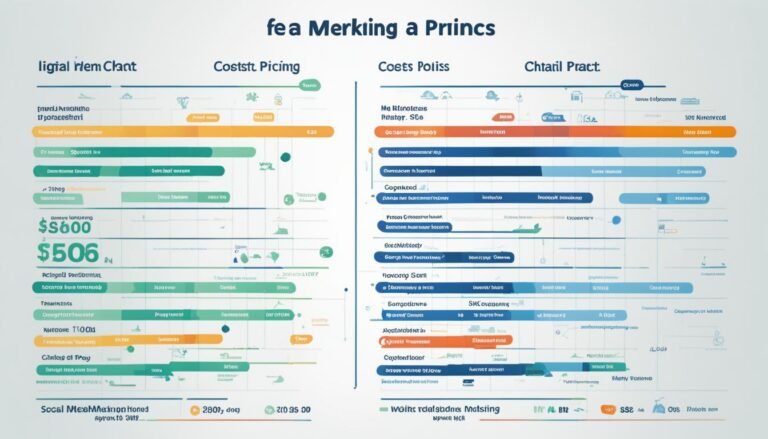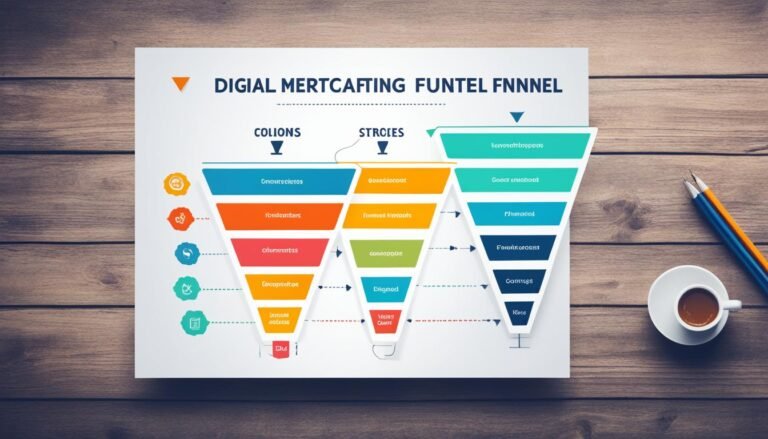Strategies for Effective Crisis Management
Did you know that 89% of Fortune 500 CEOs think crises in business are a given? But, surprisingly, 50% said they don’t have a plan for them. This shows how crucial effective crisis management strategies are. In today’s fast world, companies need strong crisis management skills to handle sudden challenges. These challenges can threaten their trust, reputation, and even their survival.
Crises can come from many places, like natural disasters or product failures. So, having a solid plan for how to respond is key. Maryann A. Waryjas says good crisis resolution methods mean planning well, executing plans, and being adaptable. By doing this, companies can not only deal with immediate problems but also get stronger for the future.
Key Takeaways
- Nearly 89% of CEOs recognize that crises are inevitable, highlighting the need for preparedness.
- Effective crisis management requires proactive planning to mitigate potential risks.
- Having a dedicated crisis management team enhances responsiveness during emergencies.
- Crises fall into two categories: sudden crises and sizzle crises, each requiring distinct handling approaches.
- Timely and empathetic communication is crucial for maintaining trust during a crisis.
- Crisis management techniques focus on minimizing negative impacts and enhancing reputation.
- The pre-crisis stage is the most crucial and effort-intensive for organizations.
Understanding Crisis Management and Its Importance
Crisis management is key to keeping any organization stable and strong. It’s a systematic way to deal with sudden events that could harm the company. By planning for these crises, businesses can lessen their impact.
Definition of Crisis Management
Crisis management is about getting ready for, reacting to, and bouncing back from big, unexpected events. It starts with spotting risks and figuring out how likely they are to happen. Companies use simulations and risk models to see what threats might hit them and how bad they could be.
The goal is to stop crises before they start, which helps lessen the damage.
Why Crisis Management Matters
Crisis management is very important. Events like natural disasters, tech failures, economic downturns, and crime can really hurt a business. They can harm employees and damage a company’s reputation.
Being good at crisis management keeps everyone safe and builds trust. It leads to many benefits, like:
- Quick adaptation to new rules.
- Keeping business continuity when things get tough.
- Boosting stakeholder confidence by showing you’re ready.
- Protecting against loss of reputation with good communication.
Companies that focus on crisis management have an edge. They make plans for people, tech, and buildings. This helps them handle chaos now and grow stronger later.
Strategies for Effective Crisis Management
Effective crisis management starts with good planning before a crisis happens. Companies need to know their weak spots and have a team ready. This team should include legal, HR, and communications experts. Working together helps them tackle problems from all angles.
Pre-Crisis Planning
Planning ahead is key to handling surprises. It means spotting risks, making plans, and teaching team members their roles in a crisis. Doing drills and testing plans helps teams get ready. Companies that do this get better at handling crises.
Creating a Crisis Management Team
Choosing a crisis team is crucial. It should have people from different areas to handle various crises well. In fact, all successful plans have such teams. Team members need training to be ready and work together smoothly.
Implementing a Crisis Communication Plan
A strong crisis communication plan is a must. Companies should have messages ready for the press, social media, and the public. Being clear helps keep trust. Teams that know how to communicate well work better together during a crisis.
Crisis Response Strategies
Crisis response strategies are key in tough times. Being quick and flexible is vital. Leaders must be ready to change plans and be honest about risks. A strong leader builds a team that acts fast in new situations.
Agility and Flexibility
Leaders need to be agile in a crisis. They must tackle current issues and think ahead. Using a crisis vulnerability matrix helps rank risks by likelihood and impact. This lets leaders focus on the most critical areas and use resources wisely.
Monitoring and Adjusting Strategies
Keeping an eye on things is crucial in a crisis. A dashboard template tracks important metrics. Checking how crisis plans work helps make changes as needed. These updates help deal with crises better and make the organization stronger.
Emphasizing Empathy in Communication
Good communication in a crisis keeps trust with everyone involved. Showing empathy is key, understanding the struggles of those affected. Clear, honest talk builds a sense of unity. After a crisis, thanking staff boosts morale and shows the organization values their hard work.
| Component | Impact | Example |
|---|---|---|
| Agility in Crisis Management | Quick adaptation to changes | Using a crisis vulnerability matrix |
| Monitoring and Adjusting | Informed decision-making | Utilizing dashboard metrics |
| Empathy in Communication | Trust-building with stakeholders | Transparent messaging during a crisis |
With strong crisis response strategies, organizations can handle tough times better. They come out stronger and more resilient from any crisis.
Crisis Preparedness Tactics
Getting ready for a crisis means focusing on key tactics that boost resilience. This means using detailed training and frameworks. These help teams act fast when problems come up.
Conducting Regular Drills and Training
Doing drills and training often is key to getting teams ready. These exercises, like simulated emergencies or structured drills, teach staff about protocols. They also help spot areas to get better at.
By making learning hands-on, teams learn more about how to act in real emergencies. This makes them ready for quick, well-coordinated action.
Developing a Robust Risk Management Framework
A solid risk management framework is crucial for crisis preparedness. It’s important to check for threats and update the framework as needed. This keeps training up-to-date and effective.
Testing these frameworks finds weak spots and encourages ongoing improvement. A well-planned risk management framework helps an organization stay strong against surprises.
Conclusion
Managing crises well means being ready, acting fast, and talking clearly. Companies that plan well for crises can lessen risks and keep their good name. By using strong crisis management strategies, they can come out stronger after tough times.
When facing crises, like an executive scandal or a recall, having a crisis team is key. Using tech like social listening and alerts helps teams act quickly and keep everyone updated. This keeps trust high when things get tough.
Following set rules, training often, and checking crisis communication plans can make a company more resilient. Through examples from real life, we see that good crisis management is not just about getting through hard times. It’s about growing and learning from them.
Source Links
- ::ODMA\PCDOCS\CH01⁄69194
- Council Post: Strategies For Effective Crisis Management Begin Now
- Crisis Management: Definition, How It Works, Types, and Example
- What is crisis management? – Everbridge
- Crisis Management Strategies for Business Owners
- 14 Strategies For Effective Crisis Management | Wafeq
- Guide to Crisis Management Strategies | Smartsheet
- Crisis Response Strategy – Goodman Lantern
- Crisis Management Strategies for Businesses
- Key Strategies for Effective Decision-Making in Crisis Management
- 7 Pillars of Effective Crisis Communications – Regroup Mass Notification
- 8 Strategies for Crisis Management and Business Resilience
- 7 Steps for Effective PR Crisis Management in 2024 [Infographic] | Brand24
- 10 Steps to Create Effective Crisis Management Strategies | Mention
- Effective crisis communication starts with this








